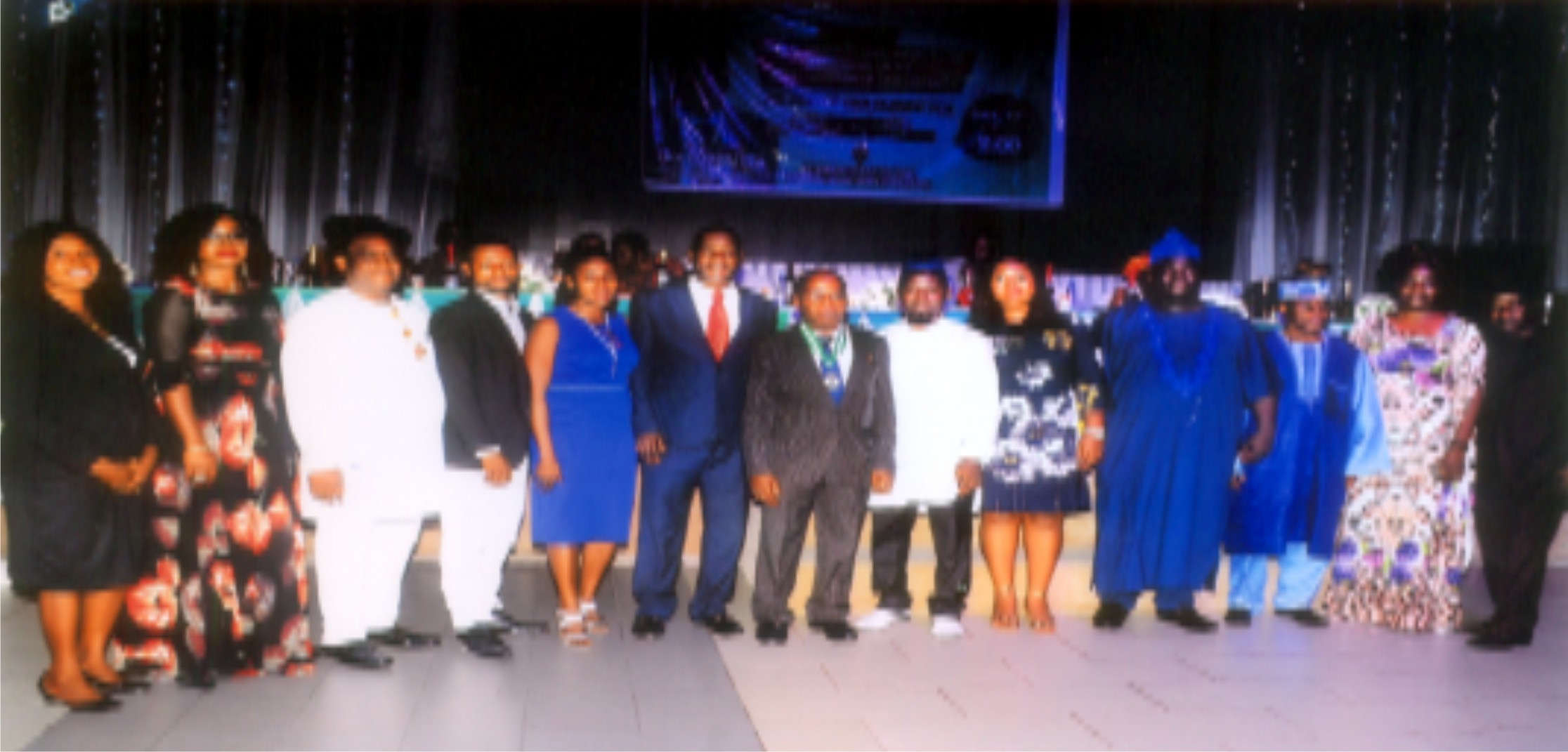Business
Minimum Wage: Joint Council Sues For Patience

The Joint National Public Service Negotiating Council (JNPSNC) has advised Nigerian workers to continue to exercise patience as the Federal Government and labour continue to dilly-dally over a new minimum wage implementation.
President Muhammadu Buhari in April 18 signed the Minimum Wage Bill into law, to bring relief to hungry Nigerian workers but payment of the new wage has remained a problem, five months after.
Civil servants in Africa’s most populous nation earn slave wages, while political office holders earn some of the highest wages in the world, according to analysts.
Speaking in an interview with newsmen in Lagos yesterday, the Secretary of the JNPSNC, Mr Bashir Lawal, said that the council had intensified efforts to ensure that workers received their entitlements.
According to Lawal, the increase in percentage of the entitlements being negotiated by the JNPSNC is to ensure that workers who have not benefited from minimum wage since 2011 get something reasonable from the new wage increase.
“We have not sabotaged the processes. The committee is still negotiating the relativity. The council wants to maintain relativity on salary adjustment of workers on the two sides of the grade levels,” the unionist stated.
He said that negotiation was going on and that the committee would meet on August 23, to reach an agreement on the percentages to be paid to workers on both sides.
“Since negotiation is still on, we will not go on strike. For any strike to achieve its desired result there must be sensitisation in every area.
“But if all the discussions and negotiation fail to yield fruitful result, we will do the needful,” Lawal, who is also the Secretary General of the Association of Senior Civil Servants said.
Lawal also pointed out that the tenure of the chairman of the National Salaries, Incomes and Wages Commission, who is also a member of the committee had expired and that another person had not been appointment to replace him in the negotiations.
The Federal Government had attributed the delay in the implementation of the “Consequential Adjustment” of the N30, 000 new minimum wage on what it described as “the unrealistic demands of labour unions’’.
Labour had asked for consequential adjustment but government said that it had made budgetary provision for an adjustment of N10, 000 across board for those already earning above N30, 000 per month.
But the JNPSNC declined the offer, saying that since the increase in wage from N18, 000 to N30, 000 was 66 per cent, they wanted 66 per cent increment across board for all workers.
Government on its part refused, saying that it would not exceed what had been provided for in the budget for the payment of the wage entitlements.
Transport
Automated Points Concession : FAAN Workers Gave 72hrs To Revise Decisions In PH

Transport
FAAN Announces Pick-Up Points for Go-Cashless Cards

Business
Fidelity Bank To Empower Women With Sustainable Entrepreneurship Skills, HAP2.0
-
Politics3 days ago
2027: NIGERIANS FAULT INEC ON DIGITAL MEMBERSHIP REGISTER DIRECTIVE
-

 Environment3 days ago
Environment3 days agoLAWMA Director Says Sweeping Reforms Have Improved Waste Collection
-
Politics3 days ago
LP Crisis: Ex-NWC Member Dumps Dumps Abure Faction
-

 Politics3 days ago
Politics3 days agoUmahi Dismisses Allegations On Social Media, Insists On Projects Delivery
-

 Sports3 days ago
Sports3 days agoAbia Not Sure To Secure continental Ticket
-
Politics3 days ago
NATASHA ELECTRIC VEHICLES INITIATIVE IN KOGI CENTRAL
-
Sports3 days ago
La Liga: Yamal Records First Career Hat-trick
-

 Sports3 days ago
Sports3 days agoPSG Extend Lead In Ligue 1

